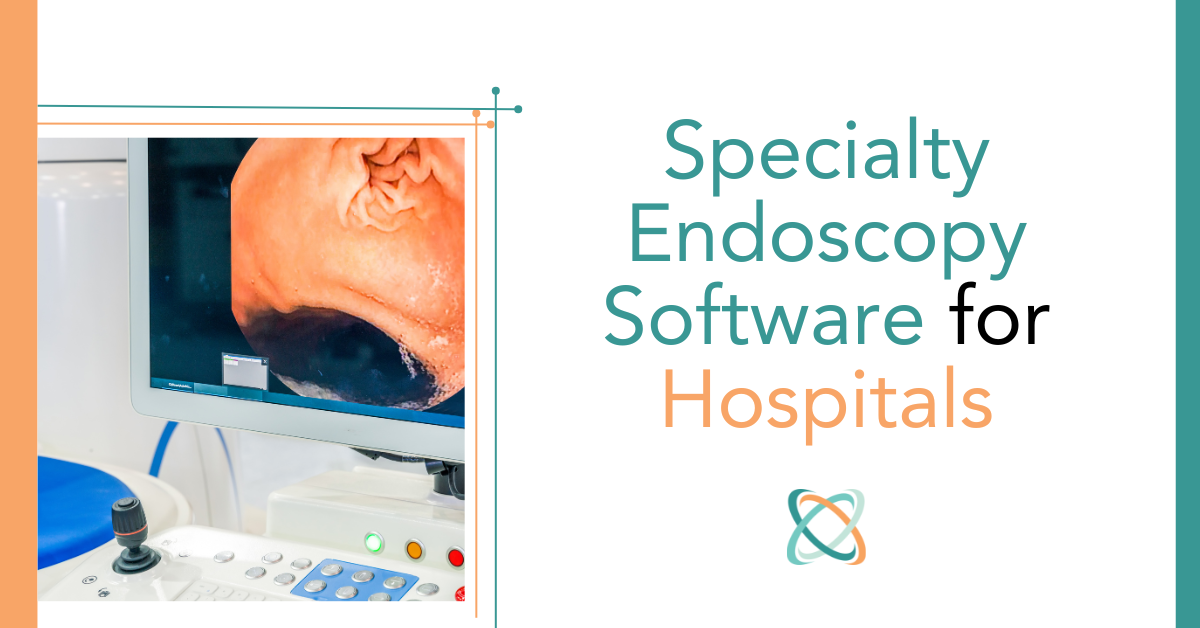Hospital endoscopy departments face increasingly complex challenges in managing sophisticated medical equipment while maintaining the highest standards of patient safety and regulatory compliance. Specialty endoscopy software has emerged as a critical tool for healthcare facilities seeking to streamline operations, enhance documentation accuracy, and ensure comprehensive tracking of endoscopic procedures and equipment. These specialized systems address the unique requirements of endoscopy units, from managing complex reprocessing workflows to maintaining detailed audit trails for regulatory inspections.
The Evolution of Endoscopy Department Management
Traditional endoscopy department operations relied heavily on paper-based systems and manual processes that were prone to human error and inefficiency. Staff members juggled multiple responsibilities while attempting to maintain accurate records of equipment usage, patient procedures, reprocessing cycles, and maintenance schedules. This approach often resulted in incomplete documentation, missed maintenance intervals, and difficulty tracking equipment history during infectious disease investigations or device recalls.
Modern healthcare facilities recognize that specialty endoscopy software can transform department operations by automating routine tasks, providing real-time visibility into equipment status, and ensuring consistent adherence to established protocols. These systems integrate seamlessly with existing hospital information systems while providing specialized functionality designed specifically for endoscopy department workflows.
The complexity of endoscopic equipment, with its intricate internal channels and sophisticated mechanical components, demands specialized tracking capabilities that general hospital asset management systems cannot adequately address. Endoscopy software must account for the unique reprocessing requirements, maintenance schedules, and documentation needs specific to flexible and rigid endoscopes.
Core Functionality Requirements for Endoscopy Software
Effective specialty endoscopy software must provide comprehensive functionality that addresses every aspect of department operations. Patient scheduling integration ensures that procedure assignments align with equipment availability and staff schedules while maintaining proper patient identification and procedure documentation. The system should seamlessly connect patient records with specific equipment usage, creating an unbreakable chain of documentation that supports both clinical care and regulatory compliance.
Equipment lifecycle management represents another critical component of specialty endoscopy software. The system must track each endoscope from initial acquisition through routine maintenance, repairs, and eventual retirement. This includes monitoring usage cycles, tracking repair history, managing warranty information, and scheduling preventive maintenance based on manufacturer recommendations and department protocols.
Reprocessing workflow management ensures that complex cleaning and disinfection protocols are followed consistently for every endoscope. The software should guide technicians through each step of the reprocessing cycle, document completion times, and alert staff to any deviations from established protocols. Integration with automated reprocessing equipment enables seamless data capture and reduces the risk of manual documentation errors.
Quality assurance features help departments maintain consistent standards while identifying trends that may indicate process improvements or equipment issues. The software should generate reports on reprocessing times, equipment utilization rates, maintenance costs, and other key performance indicators that support data-driven decision making.
Addressing Regulatory Compliance Through Technology
Healthcare facilities face stringent regulatory requirements from multiple organizations, including the Centers for Medicare & Medicaid Services (CMS), The Joint Commission, and various state health departments. Specialty endoscopy software helps departments maintain compliance by automating documentation requirements and providing comprehensive audit trails that demonstrate adherence to established protocols.
The Healthcare Infection Control Practices Advisory Committee (HICPAC) recommendations emphasize the importance of thorough documentation and tracking systems for endoscope reprocessing. Specialty software addresses these requirements by maintaining detailed records of every reprocessing cycle, including start and completion times, staff responsible for each step, and any deviations from standard protocols.
Device recall management becomes significantly more efficient with specialized software that can quickly identify which patients were exposed to recalled equipment and when specific devices were last used. This rapid response capability is essential for minimizing patient risk and ensuring appropriate follow-up care when manufacturers issue safety notifications.
Infection control investigations benefit from the comprehensive data maintained by endoscopy software systems. When healthcare-associated infections are suspected, investigators can quickly access detailed equipment usage history, reprocessing records, and maintenance logs to identify potential sources of contamination and implement corrective actions.
Integration and Workflow Optimization
Modern specialty endoscopy software integrates with existing hospital information systems to eliminate duplicate data entry and ensure information consistency across departments. Electronic health record integration enables automatic population of procedure documentation while maintaining links between patients and specific equipment usage.
Laboratory information system connectivity allows automated capture of culture results and other diagnostic data that may be relevant to equipment safety assessments. This integration supports early identification of potential contamination issues and facilitates rapid response to emerging threats.
Staff education and competency tracking features help departments maintain qualified personnel while ensuring consistent application of protocols. The software can track training completion, certification renewal dates, and competency assessments for all staff members involved in endoscope reprocessing and maintenance.
Resource optimization tools help departments maximize equipment utilization while minimizing unnecessary costs. The software can analyze usage patterns, identify peak demand periods, and suggest scheduling adjustments that improve efficiency without compromising patient care quality.
Implementing Comprehensive Endoscopy Management Solutions
Healthcare facilities seeking to modernize their endoscopy department operations should carefully evaluate specialty software solutions that address their specific needs and workflows. The ideal system combines robust functionality with user-friendly interfaces that minimize training requirements and support rapid adoption by clinical staff.
Successful implementation requires careful planning, comprehensive staff training, and ongoing support to ensure maximum benefit from software investment. Departments should establish clear performance metrics and regularly assess system effectiveness to identify opportunities for continuous improvement.
For hospitals ready to transform their endoscopy department operations through advanced technology, NewCura’s ScopeCycle® Endoscope Tracking Software provides a comprehensive solution designed specifically for modern healthcare facilities. ScopeCycle® addresses all critical aspects of endoscopy department management while ensuring compliance with regulatory requirements and supporting optimal patient outcomes through enhanced operational efficiency and equipment safety.



